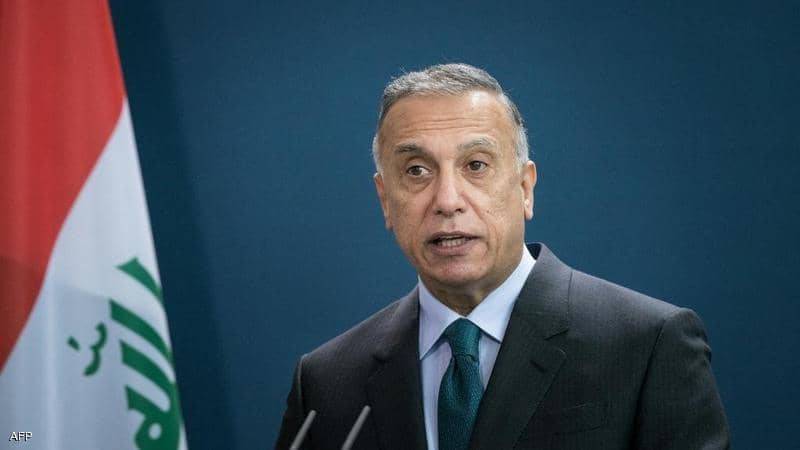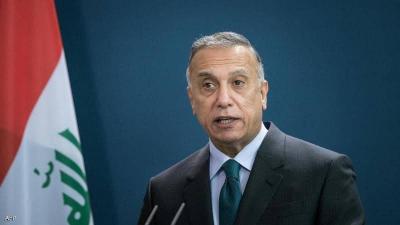Under the title "Iraq: The Three Presidencies Confirm Holding Elections on Schedule," Sky News reported that amid the escalating debate and discussions regarding the upcoming general elections in Iraq scheduled for October, especially following the withdrawal of several significant political forces, clarity has emerged from the "three presidencies." A broad meeting attended by leaders and representatives of various Iraqi political parties was convened by Prime Minister Mustafa Al-Kadhimi, with the presence of President Barham Salih and Speaker of the Parliament Mohammed Al-Halbousi, to confirm that the electoral process will take place as scheduled.
The attendees, in the presence of the three Iraqi presidencies, reaffirmed their commitment to the timelines established for the electoral process and the criteria set for its success. They called on the government to provide all necessary security measures for the elections and support for the Independent High Electoral Commission to ensure the process's success and integrity. They urged political forces that had previously announced their non-participation in the elections for any reason to reconsider their decision and engage in open dialogue to fortify the electoral and democratic process in the country, according to a statement issued by the Iraqi Prime Minister's office.
Commenting on this, a political source familiar with Baghdad told Sky News Arabia, "There will be no postponement of the elections unless serious security developments occur. However, politically, legally, and even security-wise, efforts are focused on organizing them on time despite all obstacles and challenges." The source added, "Withdrawing from and boycotting the electoral process is always a shortsighted and incorrect policy, which backfires on its proponents, as evidenced by the experience in Iraq over nearly two decades of various electoral stages."
Meanwhile, Hussein Al-Najjar, a member of the Central Committee of the Iraqi Communist Party, believes that "democracy is not just about electoral participation, but also about opposition. We think the current circumstances do not allow for honest elections, and organizing elections under this reality will not lead to a democratic transformation but will entrench sectarian and ethnic quotas in the country and reproduce the corruption system that the Iraqi people rose up against."
In his remarks to Sky News Arabia, the communist leader stated, "The relevant parties, chiefly the three presidencies, must respond to our demands as withdrawn forces and begin genuine measures to ensure wide public participation in the elections. This involves amending the current electoral law and expanding the involvement of various political forces in drafting and modifying it, enforcing the party law, monopolizing arms in the hands of the state, preventing political money, holding the corrupt accountable, and revealing and bringing to justice the killers of protesters and activists and their supporters."
Al-Najjar continued, "The Iraqi political process is in a structural crisis, and Al-Kadhimi himself has acknowledged this and adopted this characterization. Therefore, the structural crisis requires national dialogue and the initiation of concrete and urgent steps to address and resolve it. Unfortunately, there are no signs appearing in this direction."




